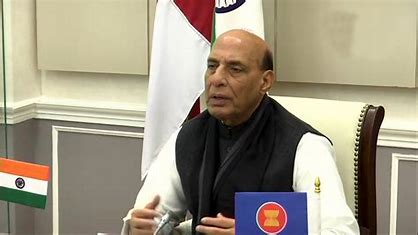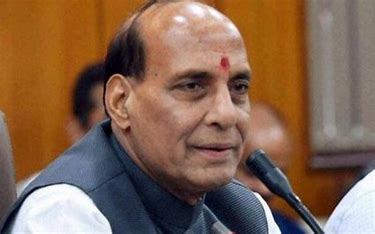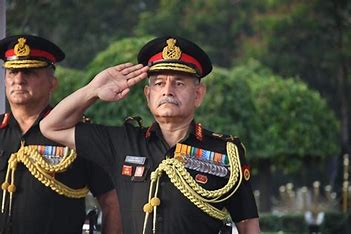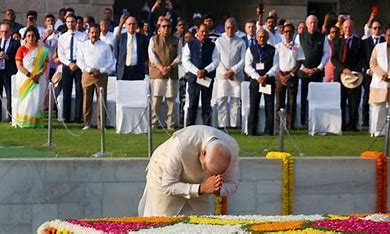
In the fast-paced world of modern living, Indian women are increasingly navigating the delicate balance between career aspirations, personal goals, and family planning. With societal expectations evolving, many women are now opting for egg freezing as a proactive measure to preserve their fertility and extend the window of opportunity for starting a family.
Egg freezing, also known as oocyte cryopreservation, has emerged as a revolutionary technology that offers women the gift of time. This process involves extracting a woman’s eggs, freezing them, and storing them for future use. It provides a viable solution for those who wish to delay childbearing without compromising their reproductive potential.

One of the primary advantages of egg freezing is its ability to empower women to make informed decisions about their fertility. In a society where marriage and family planning are often linked to age, this technology allows women to take charge of their biological clocks. By freezing their eggs during their prime reproductive years, typically in their 20s or early 30s, women can safeguard their fertility and pursue their personal and professional goals without the looming pressure of a ticking biological clock.
Career aspirations play a pivotal role in the lives of many Indian women today. Pursuing higher education, climbing the corporate ladder, and establishing oneself in a chosen field are common priorities. However, these achievements often coincide with the peak fertility years, leading to a dilemma for women torn between career and family. Egg freezing provides a solution by offering flexibility in family planning, enabling women to focus on their careers while preserving the option of having children later in life.
In addition to career considerations, medical reasons also drive some women to explore egg freezing. Certain medical conditions or treatments, such as chemotherapy, can have adverse effects on fertility. Egg freezing offers a lifeline for women facing such challenges, providing hope for a future where they can build a family even after overcoming health obstacles.
Cultural and societal shifts have contributed to a changing landscape for Indian women, challenging traditional norms. Delayed marriages and a growing emphasis on individual choices have paved the way for a more open-minded approach to family planning. Egg freezing aligns with this paradigm shift, offering women the ability to synchronize their family planning decisions with their personal life trajectories.
While egg freezing offers a plethora of benefits, it’s essential for women to be well-informed about the procedure’s success rates, potential risks, and emotional aspects. Open conversations about fertility options, destigmatizing the process, and raising awareness about the technological advancements in reproductive medicine are crucial steps toward empowering women to make informed choices.
In conclusion, the gift of time bestowed by egg freezing is a valuable tool for Indian women seeking to navigate the intricate balance between personal and professional aspirations. By embracing this technology, women can redefine societal expectations, break free from the constraints of age-related fertility challenges, and embark on a journey where family planning aligns seamlessly with their individual life paths. As the narrative around fertility continues to evolve, egg freezing stands as a beacon of empowerment, offering women the liberty to choose when and how they wish to embark on the beautiful journey of motherhood.

The author is a Reproductive Medicine Specialist, Milann Fertility & Birthing Hospital, H.S.R Layout.















